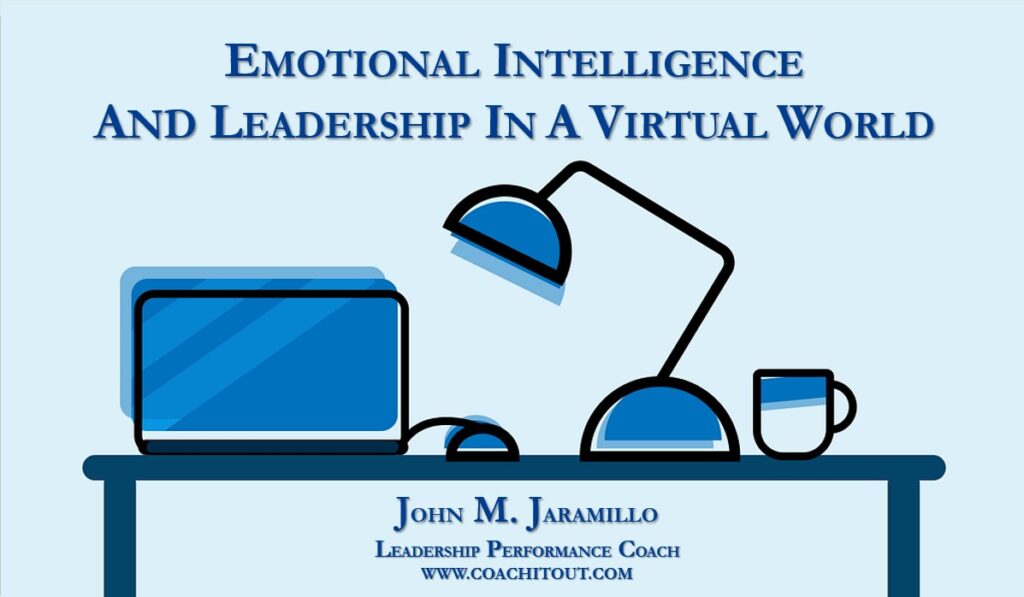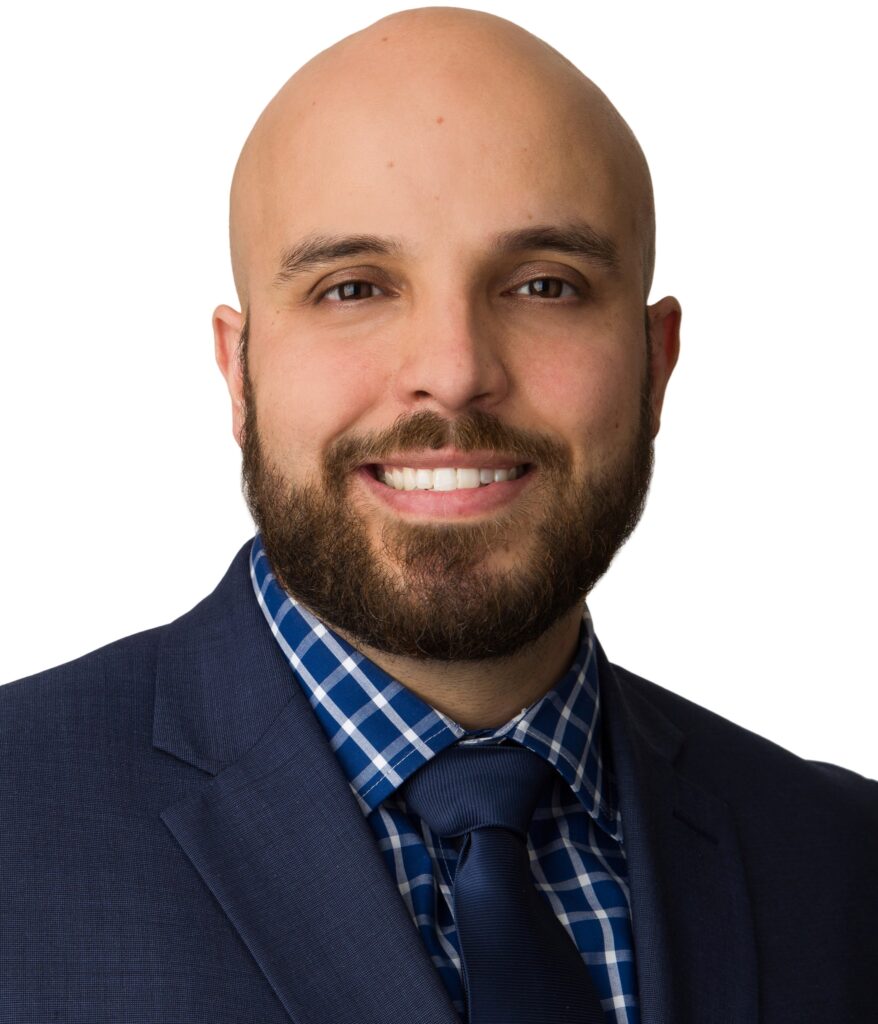Professionalism: How Do You Demonstrate It In Your Own Personal Way?

Leadership Lesson: When working toward something, it’s key to balance what we perceive as important in what we want to learn with the value that we already have, making sure not to let go of what is so special about ourselves.
What does it mean to “be professional?”
Last week, I was approached by a recent graduate who had reached out for some advice on how they could build up their professionalism. They had sent me a message based on a talk I had given on emotional intelligence and leadership in the virtual world and my own coaching experience.

What ensued was a great conversation, with me asking them certain questions to get them thinking about enhancing (and not diminishing) their own value – value they already had – going forward.
After our conversation, I reflected on just how valuable what I had seen in their message already was.
From what I saw, this person was curious, took the initiative to send a well-thought-out question to someone they hadn’t even met, and had the next step in their education and career in their crosshairs. They also shared how unappealing and unprofessional their current environment was, making them aware of behaviors and approaches they wanted to avoid for themselves.
What could I offer them but to suggest in our ongoing conversation that, to begin with, they not lose that self-awareness, drive, and curiosity, which seemed to set them apart? We’re all so different in our experiences, paths, and curiosities. We’re not cookie-cutter. And we need to realize when we can use that to our advantage.
“Don’t underestimate yourself. You’re too unique to leave those rare, valuable gifts you already have out of sight and off the table.”
Tweet
Even the people we think are “professional” are “professional” in their own way.
Traditionally, we might think of “professionals” as people who are committed to getting the job done in the most attentive way possible and who seek out and share the best information possible about the work and business at hand.
Many may also think that to be professional means to keep the boss, company, and client/customers happy and impressed. And I think we all may know or have known people that kept each of those stakeholders both happy and impressed.
But, did everything behind the curtain seem as sharp or as high-quality as the appearance from the outside? Not necessarily.
“Without reaching out to others, instead believing we can muscle through with whatever knowledge we already have, we’re leaving value on the table.”
Tweet
Appearances aren’t always what they seem. There’s more to the story that really needs to take place for someone to be truly effective. Just because you seem in control, doesn’t mean you are – and it doesn’t necessarily mean you’re in control in the right or best way possible.
The person who wrote to me already seemed to be effective in making the case for their…effectiveness. They already demonstrated a few things that showed me they could be just as effective as those they might consider “professional.”
The seeker seemed to…
Be Curious
They were open to learning about something they felt uncertain about. They understood and were honest about what they felt they lacked in knowledge and experience.
Without curiosity, we just spin our wheels in what we are and what we already have, giving up on the knowledge around us. It never hurts to round yourself out and learn from different experiences.
Take The Initiative
They were not only curious, but they pulled the trigger, executing on that curiosity. They reached out to learn, demonstrating their vulnerability (yet another important attribute). So many of us may be curious, wanting to gain insight about the world and people around us but never take action, which in most cases merely requires reaching out and asking a simple question.
Without being able to take the initiative, there’s no action and there’s no evolution. We end up being held back by our own pride or fear or any myriad of personal reasons.
Be Well-Thought-Out
In reaching out, the person had their message planned out. They reflected on and conveyed who they were, what they were seeking, and what they believed they could learn from me. The more one can make the case for what they want, or what they can provide or are seeking in value, the more credibility they gain in their request. Those being sought out learn that it serves a genuine purpose.
Without being well-thought-out, we stumble, stoking confusion about what we want and who we are. Our intentions may be in the right place, but our messaging limits how far we can get because our story is unclear.
Related: Live Through Action, Or Die By Perception. The Choice Is Yours
Know What Works And What Doesn’t
They also took stock of the resources they already had at their disposal by observing the environment and the attributes on display around them. They learned from what they saw, both what they wanted to take on and what they wanted to avoid.
Without knowing what works and what doesn’t, we just work blindly into the future. If we don’t take stock of best – and worst – practices, we’re ignoring great lessons and building a future on a already-forfeited foundation.
Reach Out To Others
They considered who it was who could serve as a resource in their developmental network. In this instance, they happened to see me at an event, but they probably are aware of various people in their networks from whom they could learn different lessons based on what they take note of in each person’s approach.
Without reaching out to others, instead believing we can muscle through with whatever knowledge we already have, we’re leaving value on the table. Leaders – or anyone for that matter – shouldn’t believe they need to have all the answers themselves.
Consider The Next Steps
They had a version of their plan. I say version of their plan because a plan can change easily. It doesn’t need to be locked in place. It should be fluid to account for any uncertainty that may present itself. They presented options of what they were hoping to achieve in their next phase of action.
Without considering the next steps, you don’t know what you’re working toward. And it’s okay to not know the next steps. This counterintuitive thinking demonstrates that it’s just as valuable for someone to admit they don’t know what the next steps are. This can show someone that you’ve considered and maybe exhausted what you believe your options are. Admitting you don’t know reassures others that you’re not feigning certainty; you’re open and transparent.
In the end, this person already had the makings of a great professional. They already have the foundation off of which to build.
And everyone is so different. Any person in need of advice who may approach you or me will have different needs, tools, resources, experiences, drive, motivation, etc.
“It’s on you to assess how you are going to improve from one grade of performance to the next.”
Tweet
But with these basic tools I’ve outlined above in place, among others, it’s only a matter of learning the technical tools and picking up the working knowledge in whichever environment it is someone chooses to take on.
Think of how many people we may have seen as professional, but when we got to know them, they may have lacked some of these attributes.
Professionalism, like leadership, is not something that is already out there, set to be learned. It’s bringing and enhancing what you already have within you. To exist in its most powerful form, it has to be genuine and authentic to you.
The sad thing, though, is how often people may give up on who they are to emulate, or copy, what they perceive as the highest “professional” standard in the workplace.
Don’t underestimate yourself. You’re too unique to leave those rare, valuable gifts you already have out of sight and off the table.
It’s amazing how often we don’t know our own value and that it’s not that we need to seek it out externally.
We just need to refine and enhance what’s already available to us – who we are.
This post was originally published on May 4, 2020.

Let me know what you think of this post. What I might have gotten right. Where I might have dropped the ball. What your experience has been. Reach out and let me know at [email protected].